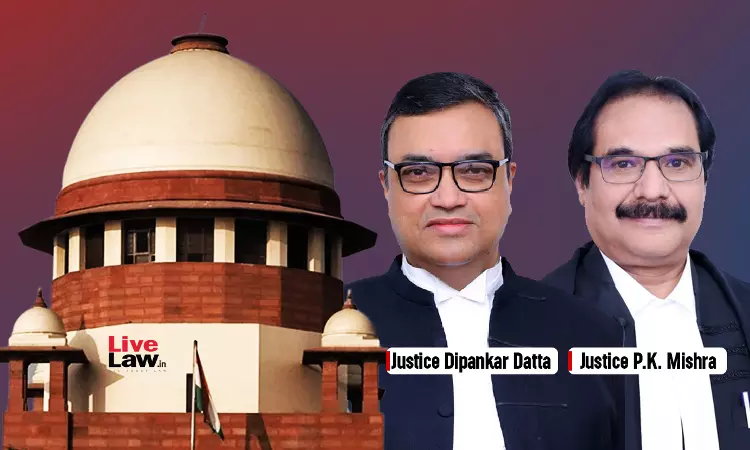The Supreme Court observed that though employers normally insist on the experience gained after obtaining a particular qualification, there could be exceptions as well."Although, normally, experience gained after acquiring a particular qualification could justifiably be insisted upon by the employer, there could be exceptions," the Court observed.The observation was made while allowing...

